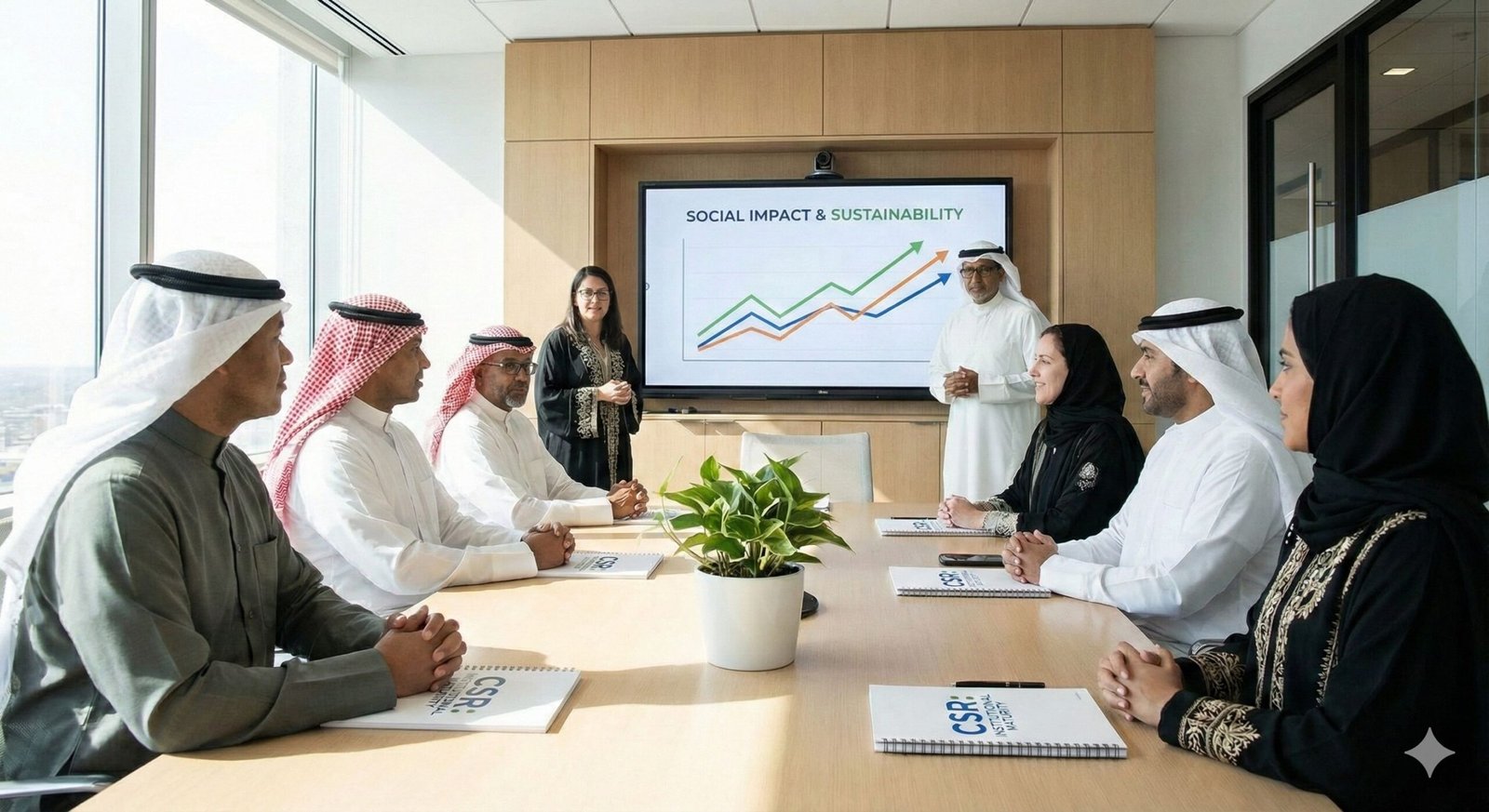In a rapidly changing world, the need for competencies capable of leading change and making an impact in their communities becomes increasingly prominent. This is why the “Building Future Competencies” pillar is a cornerstone in DAL’s strategy and in any ambitious development system. A knowledge-based society is not only built on generating ideas, but also on having qualified individuals with the skills, vision, and flexibility to face real-world challenges and seize opportunities.
The journey of building competencies begins with discovering young talents—those latent energies that need nurturing and guidance. DAL adopts specialized programs to identify research talents, organizes scientific competitions, and establishes research incubators that provide mentoring, networking, and support. These initiatives go beyond theoretical knowledge, focusing on practical training, leadership development, and fostering initiative and teamwork.
DAL aims to prepare a generation of community leaders who believe in the values of sustainability, possess critical thinking and decision-making skills, and work with a team spirit. Here, competency is not just an academic certificate, but an integrated system of skills, values, and behaviors that qualify individuals to be effective in their environment and capable of making a real difference.
The importance of this pillar lies in the fact that no institution can achieve its goals without the human element. Knowledge alone is not enough unless there are people who carry it and translate it into concrete actions and initiatives. For this reason, DAL places investment in building competencies at the top of its priorities and considers it the true guarantee for sustaining community impact.
Perhaps the greatest challenge in this field is keeping pace with rapid changes in the labor market and community needs. Therefore, DAL focuses on developing dynamic and renewable programs that keep up with the latest global trends and respond to the specificity of the local context. It also promotes a culture of continuous learning and supports initiatives that offer youth opportunities for training and self-development.
Ultimately, building future competencies is not a choice but a strategic necessity for anyone seeking to create sustainable impact. With qualified leaders, visions become reality and community sustainability becomes an achievable goal.




